You’re Probably an Annoying Cat Owner if You Do These Things
Cats often get accused of being aloof, but plenty of their frustration actually comes from the humans around them. Annoying cat owners don’t always mean harm, but their behavior can leave their pets stressed and their friends rolling their eyes. Here’s how that usually looks.
Ignoring the Litter Box
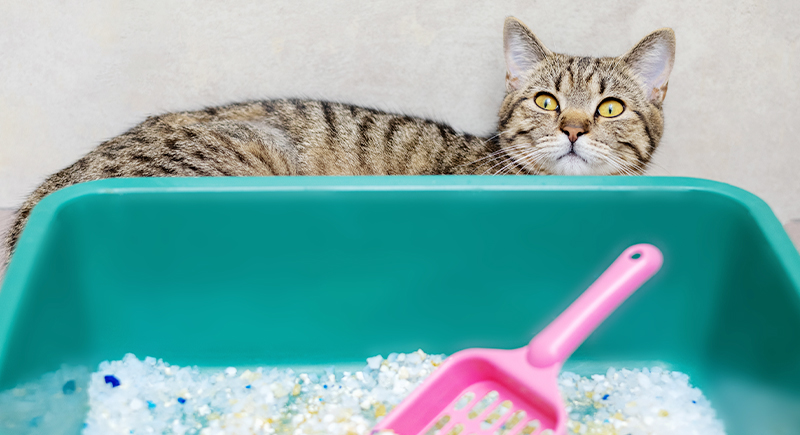
Credit: iStockphoto
Few things irritate cats faster than a dirty litter box. Veterinarians say failing to scoop daily not only makes your home smell unpleasant but can also lead to health issues such as urinary tract infections. When owners let it slide, cats sometimes look for other bathroom spots in protest.
Overusing the Laser Pointer
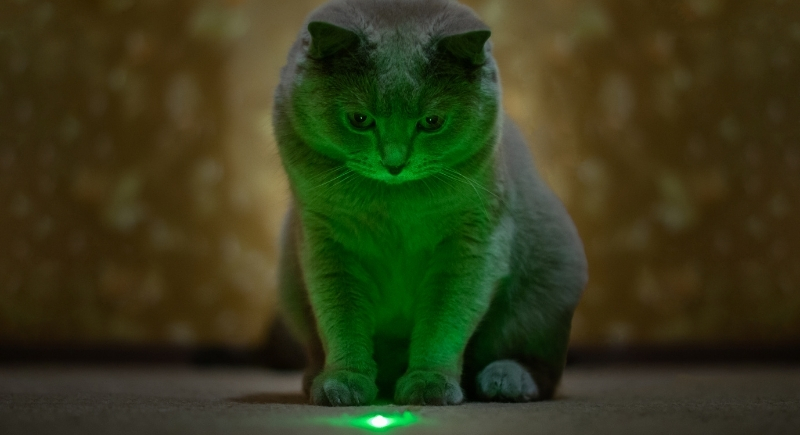
Credit: Getty Images
That little red dot can be a great workout, but nonstop chasing without reward doesn’t feel like a win to cats. Imagine always sprinting after something you’ll never catch! Behaviorists suggest ending with a toy or treat they can physically catch, so the fun feels satisfying rather than endless and unfinished.
Bathing Cats for Fun
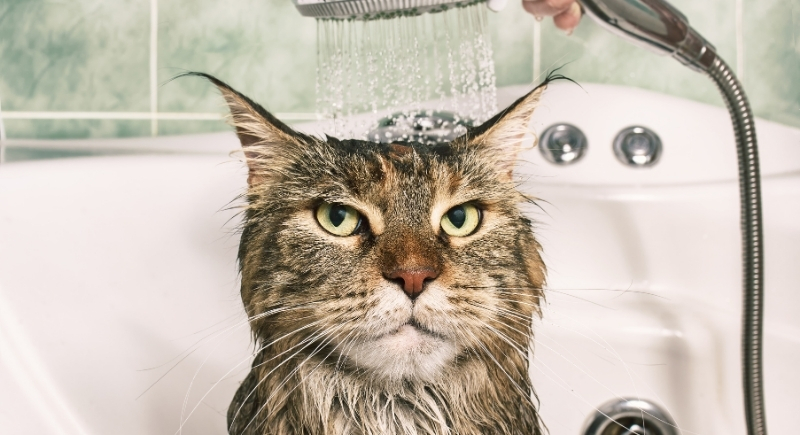
Credit: Canva
Cats groom themselves meticulously, so routine baths aren’t necessary. Owners who insist on monthly dunking sessions often create unnecessary stress. Unless there’s a medical reason, veterinarians caution against the practice, pointing out that forced baths can damage trust.
Treating Obesity as Cute
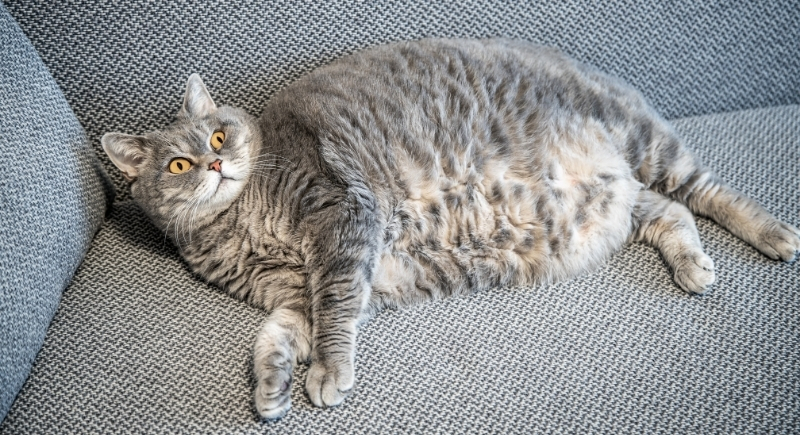
Credit: Getty Images
Many owners post photos of their “chonky” pets with pride, but obesity significantly shortens feline lifespans. Overfeeding for entertainment or indulgence is one of the most frustrating habits professionals observe. Loving cats means portion control and exercise, not unlimited snacks and laughs.
Spraying Perfume Around Them
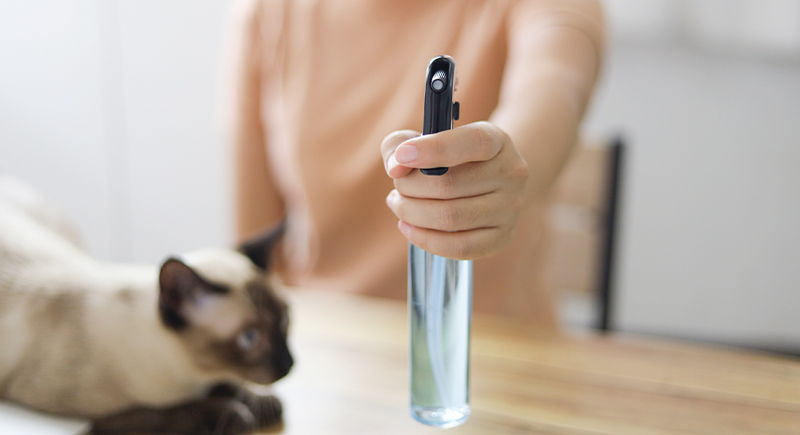
Credit: iStockphoto
Cats’ noses are far more sensitive than ours, which means scented candles and perfumes can overwhelm them. While humans may barely notice, cats often retreat or show stress signals in response to strong smells. Behaviorists encourage providing scent-free areas in the home where pets can relax.
Picking Them Up Constantly
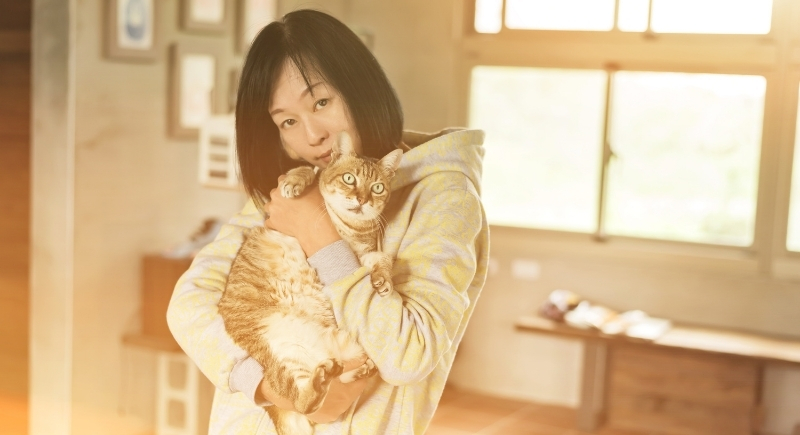
Credit: Canva
Many people assume cats enjoy being held like babies, yet most prefer four paws on solid ground. Scooping them up at every chance can make them feel trapped or anxious, and even cats that tolerate it often limit the amount of time they’re comfortable being carried.
Interrupting Nap Time
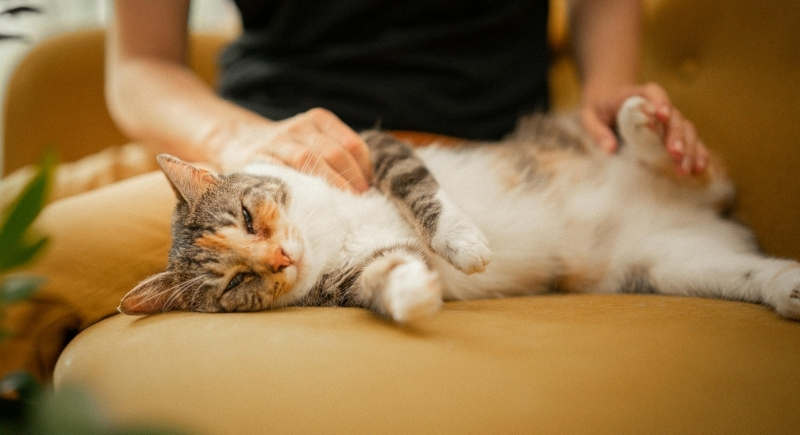
Credit: pexels
A sleeping cat looks irresistibly cuddly, but poking, petting, or pushing play during rest is frustrating for them. Disturbing their downtime often leads to swats or growls, which shouldn’t be mistaken for bad temper. Experts point out that cats sleep up to 16 hours daily to conserve energy.
Bringing Another Cat Without Preparation
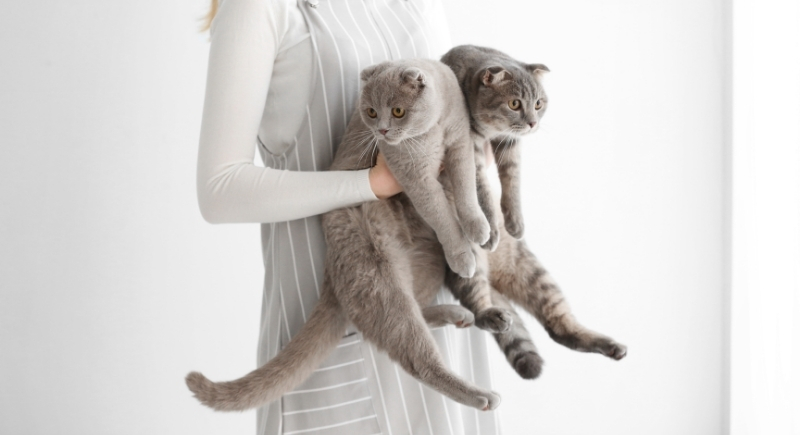
Credit: pixelshot
Owners sometimes assume their cat craves companionship, only to discover the newcomer sparks chaos. Adult cats are territorial, and introductions must be gradual. Tossing another pet into the mix with no plan often results in hiding or full-blown fights. Behaviorists recommend controlled introductions over weeks.
Treating Cats Like Dogs

Credit: Getty Images
Cats aren’t small dogs. Roughhousing, scolding loudly, or demanding tricks often backfires, creating fear instead of cooperation. Their play style and training needs differ, and ignoring that leads to confusion. It’s better to tailor interaction to feline instincts: gentle play, consistent routines, and patience.
Turning Every Conversation Into Cat Talk
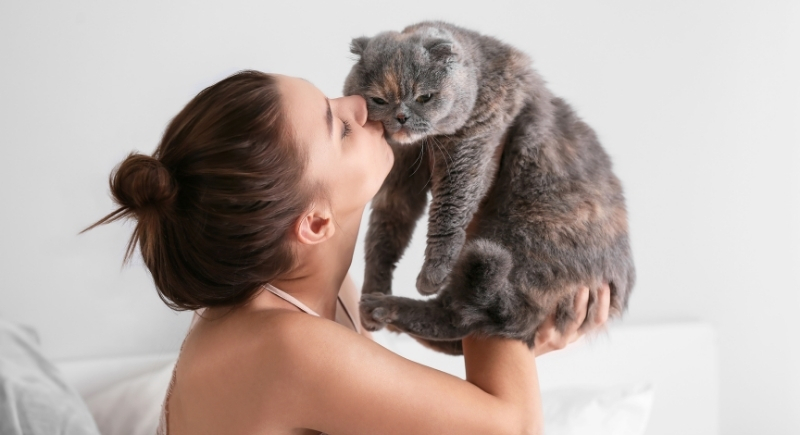
Credit: pixelshot
Sharing excitement about a new kitten feels natural, but friends and family notice when cats dominate every conversation. Posting endless photos, bringing up litter habits unprompted, or redirecting any topic back to pets can be draining for non-cat people. Enthusiasm is good; obsession alienates others.
Forcing Cats Into Costumes
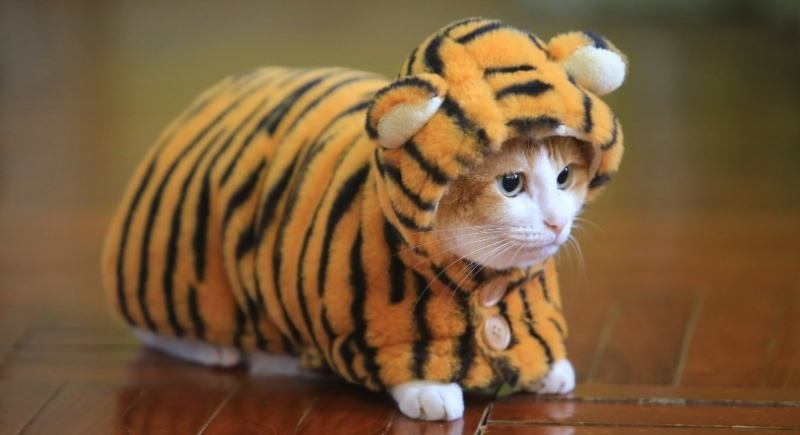
Credit: Getty Images
Holiday photos featuring cats in hats and sweaters may generate laughs online, but most felines despise restrictive clothing. Strapping them into outfits often leads to thrashing or freezing in place out of stress. While some tolerate a bow tie collar or lightweight accessory, full costumes are usually uncomfortable.
Allowing Free-Roaming Outdoors Without Care

Credit: Getty Images
Owners who let cats wander unsupervised often defend it as “freedom,” but risks include cars, predators, disease, and shortened lifespans. Wildlife advocates also raise concerns about cats’ impact on bird populations. Safe alternatives like leashes or supervised outdoor play give them stimulation without danger.
Neglecting Clean Food Bowls
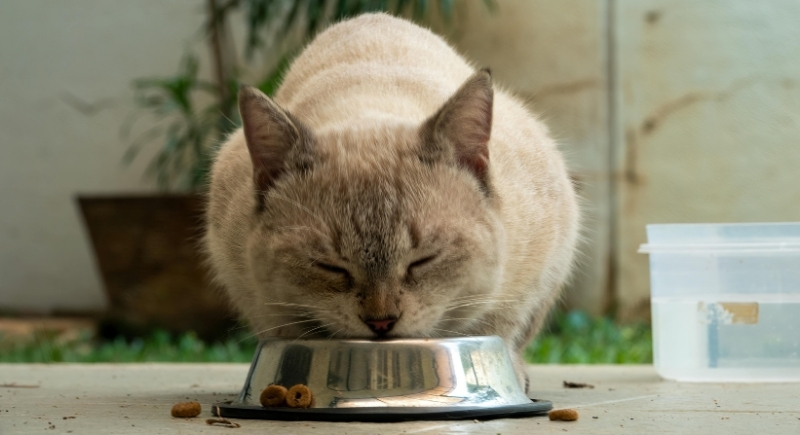
Credit: pexels
A fresh meal deserves a clean dish, but too many owners repeatedly pile new food onto crusty bowls. Cats notice, even if people don’t. Old food residue breeds bacteria and makes meals unappetizing. Veterinarians recommend washing food and water bowls daily to prevent illness.
Overcrowding With Too Few Litter Boxes
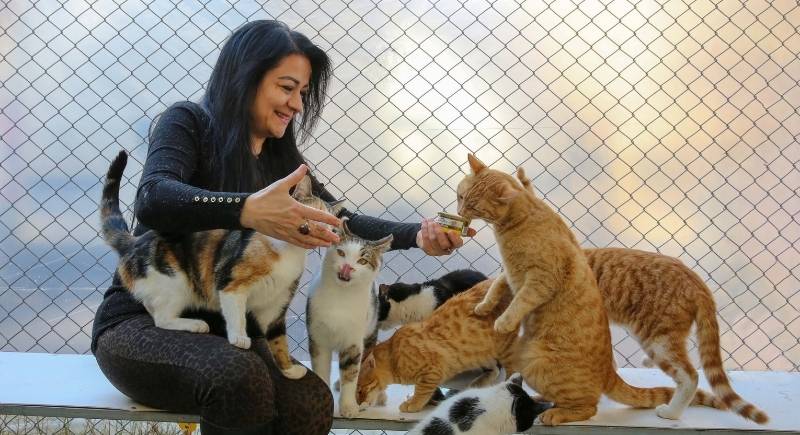
Credit: pexels
Bringing home multiple cats without adding enough litter boxes guarantees problems. Experts advise one box per cat, plus an extra. Ignoring these guidelines forces competition and increases the number of accidents around the house. Owners then complain about behavior problems, missing the root cause.
Dismissing Behavioral Cues
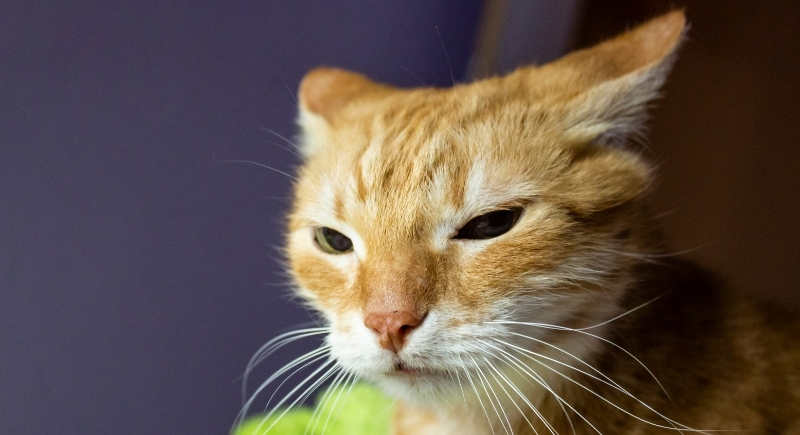
Credit: Canva
Cats communicate clearly through body language—flattened ears, swishing tails, or slow retreats all signal discomfort. Owners who ignore these warnings often end up scratched or bitten, then blame the pet for being “mean.” Respecting signals is key to trust and treating obvious cues as unimportant shows a lack of awareness.